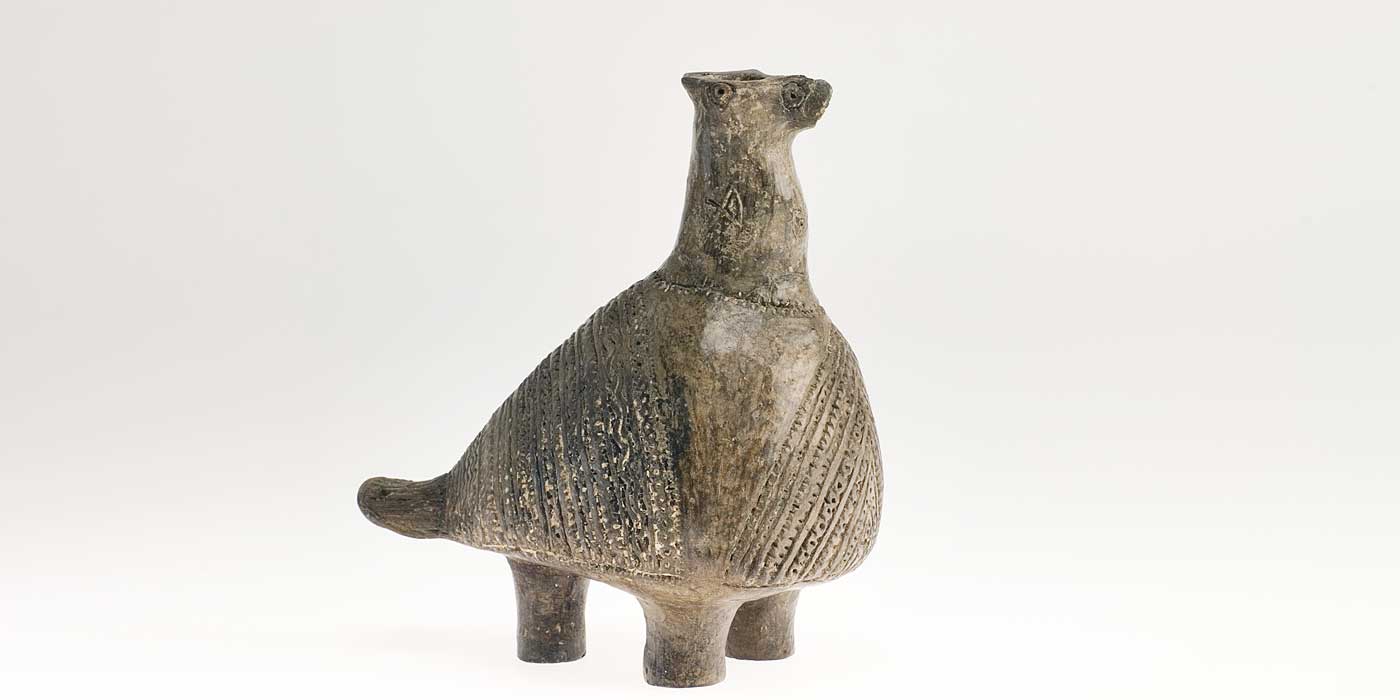Whether you have visited the Vučedol site near Vukovar or not, you have surely seen its symbol somewhere in Croatia: the little dove made from baked clay, representing a ritual vessel made between 2800 and 2500 BC.

(Image source: Stara Povijest)
This eneolithic culture was centered in Srymia (Srijem) in Eastern Croatia, on the right bank of the Danube river. The excavated settlement turned out to be unusually large, meaning the site must have been a regional economic centre – important enough to provide the entire phase of the local eneolithic period with the name „Vučedol culture“. Apart from the aforementioned dove, numerous cult objects found on the site include an artifact that's considered to be the oldest Indo-European calendar.
We found an aerial video of the Vučedol site in 4K, showing not only the mesmerizing scenery along the Danube, but also the Museum of Vučedol culture that's located on a slope under the Streim vineyard. The museum was opened in 2015 and aims to educate the public on the history and everyday life of the prehistoric residents, taking the visitors through 19 themed spaces to give them a sense of 5000 years of history that are part of our local heritage. If you ever get the chance, make sure to visit the site; until then, take a look at the video made by Darko Puharić:


